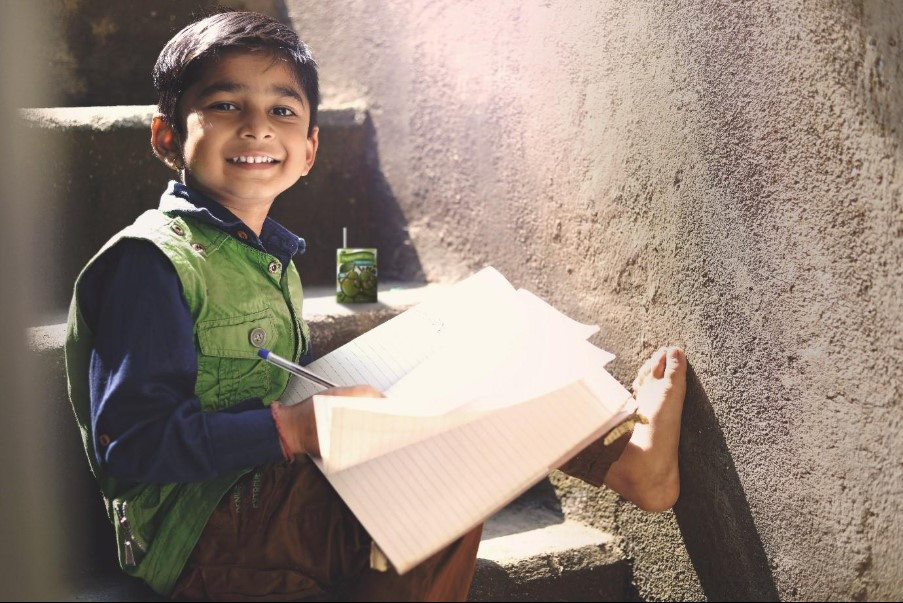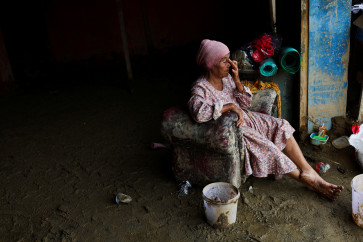Popular Reads
Top Results
Can't find what you're looking for?
View all search resultsPopular Reads
Top Results
Can't find what you're looking for?
View all search resultsBringing safe nutrition to schools in Indonesia
Change text size
Gift Premium Articles
to Anyone
W
orld School Milk Day, observed annually on 24 September, highlights the importance of school milk programs in tackling child malnutrition and food insecurity. In Indonesia, where access to nutritious meals cannot always be taken for granted, such programs are increasingly recognized as a critical tool to support both health and learning outcomes.
Tetra Pak, a Swedish multinational renowned for its food processing and packaging solutions, underscores that improving child nutrition remains a critical development priority in Indonesia, particularly in rural communities, where access to safe and nutritious food remains a challenge. School feeding programs have consistently proven to be among the most effective ways to ensure children receive the nutrition they need to grow, learn, and thrive - both in and beyond the classroom.
Milk is one of the most nutrient-rich foods for growing children, yet its highly perishable nature presents challenges, particularly in regions with limited or inconsistent cold chain infrastructure. For many schools in remote or underserved areas, providing safe, fresh milk daily is logistically complex.
Advances in aseptic technology are helping to tackle this challenge. Aseptic processing involves ultra-high temperature (UHT) treatment of milk, followed by packaging in sterile, air-tight cartons. This allows milk to be safely stored unopened at room temperature for up to 12 months, extending shelf life without preservatives while eliminating harmful microorganisms and preserving its nutritional value.
For schools in remote areas, especially in an archipelagic country as vast as Indonesia, longer shelf life means less frequent deliveries (once or twice a month instead of daily), offering significant logistical and cost advantages.
For over six decades, Tetra Pak has partnered with customers, governments, NGOs and aid agencies worldwide to develop and scale school meal programs.
“Our processing and packaging technology helps ensure children have access to safe nutrition,” says Michael Wu, Managing Director of Tetra Pak Malaysia, Singapore, Philippines, and Indonesia. “Beyond the technology itself, we provide support across the value chain, from integrated aseptic packaging solutions that maintain product safety, to guidance on supply chain planning, implementation, and sustainability.”
Tetra Pak emphasizes that strong partnerships are fundamental to the success of school milk programs. By working closely with both public and private sector partners, they help to support local dairy production, strengthen supply chains, and ensure that school meal initiatives deliver lasting benefits for children’s health and education.
The company highlights that access to nutritious food is the foundation for health, learning, economic opportunity, and social progress. As Indonesia strengthens its food security and builds a more resilient future for its children, school meal programs can play a crucial role in empowering local communities and achieving impact at scale.
Yet success requires a shared commitment from government, industry and community stakeholders. Tetra Pak has pledged its experience, expertise and technology to support this national agenda.
“Together, we can improve access to safe nutrition and ensure that every child has the chance to learn and thrive,” added Wu.
Discover more about Tetra Pak’s programs and how you can take part in building a stronger, healthier future for Indonesia’s next generation: one carton, one school and one child at a time.










